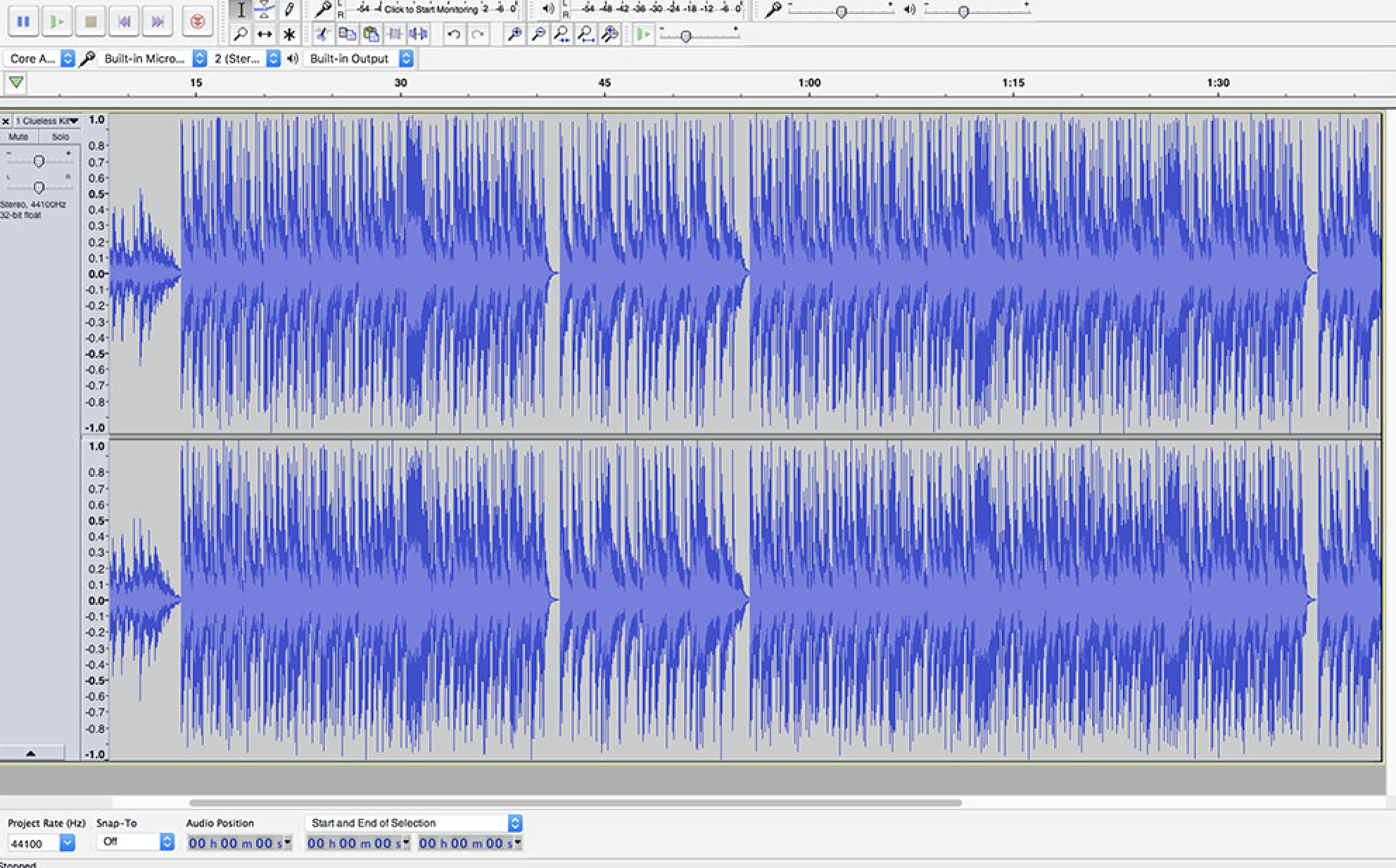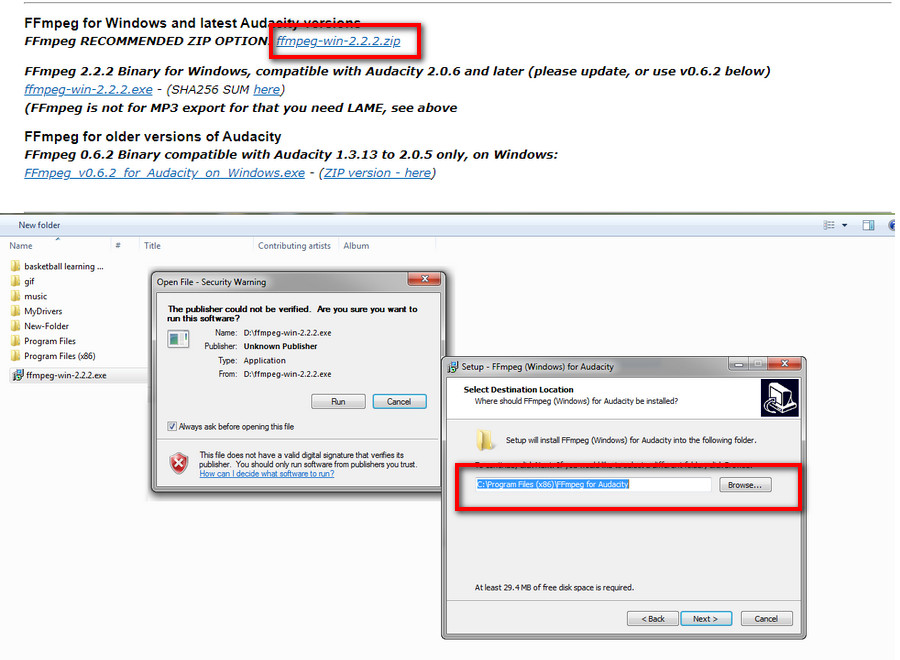
Audacity is a free and open-source audio management converter that can edit and convert between different audio formats with the help of external libraries. It is available in all the major operating systems, i.e., Windows, Mac OS X, and Linux. Now, drag and drop your M4A file to Audacity. To convert M4A to MP3, go to the menu bar's File and select Export. On a dialog box, browse the location, put your File name and click the dropdown arrow of the Save as type. Select M4A (AAC) Files (FFmpeg). Then, click Save to save changes.
If you cannot get accustomed to utilizing it, you can have a look at the other alternative solution as well. Step 1 Run Audacity to open an audio file. Download Audacity to your Windows, Mac or Linux. Finish the installation and launch it simply. To import an audio file, you can click 'File' 'Open' in the upper left corner of its top menu bar. The optional FFmpeg library allows Audacity to import and export a much larger range of audio formats including M4A (AAC), AC3, AMR (narrow band) and WMA and also to import audio from most video files. Because of software patents, Audacity cannot include the FFmpeg software or distribute it. Again as indicated by turingtest2 Audacity for Windows can convert from FLAC to AAC and you can then tell iTunes to import the resulting AAC files. (They should have the.m4a file extension.) Audacity cannot directly add them to your iTunes library. Audacity can also produce Apple Lossless aka ALAC files but this is a bit more complex.
As indicated by turingtest2 you would need to convert the tracks from FLAC first.

M4a File Audacity

This is actually one of the few cases where the Mac is far better off than Windows. On a Mac you could use the free XLD tool - http://tmkk.undo.jp/xld/index_e.html which can convert from FLAC to various other formats including Apple Lossless. XLD can also do this and automatically add the results directly in to iTunes.
Again as indicated by turingtest2 Audacity for Windows can convert from FLAC to AAC and you can then tell iTunes to import the resulting AAC files. (They should have the .m4a file extension.) Audacity cannot directly add them to your iTunes library. Audacity can also produce Apple Lossless aka ALAC files but this is a bit more complex. See https://manual.audacityteam.org/man/tutorial_exporting_to_itunes.html
/audacity-save-mp3-5bc9e8aec9e77c0051aa7a12.png)
Audacity Cannot Open M4a Drive
I have not used Audacity myself but in terms of file formats FLAC, AAC and Apple Lossless all support equivalent capabilities for meta tags including embedded album artwork. I do know that XLD will also convert the meta tags when converting the file format but I cannot verify myself this for Audacity.
M4a In Audacity
Aug 28, 2018 5:34 AM
